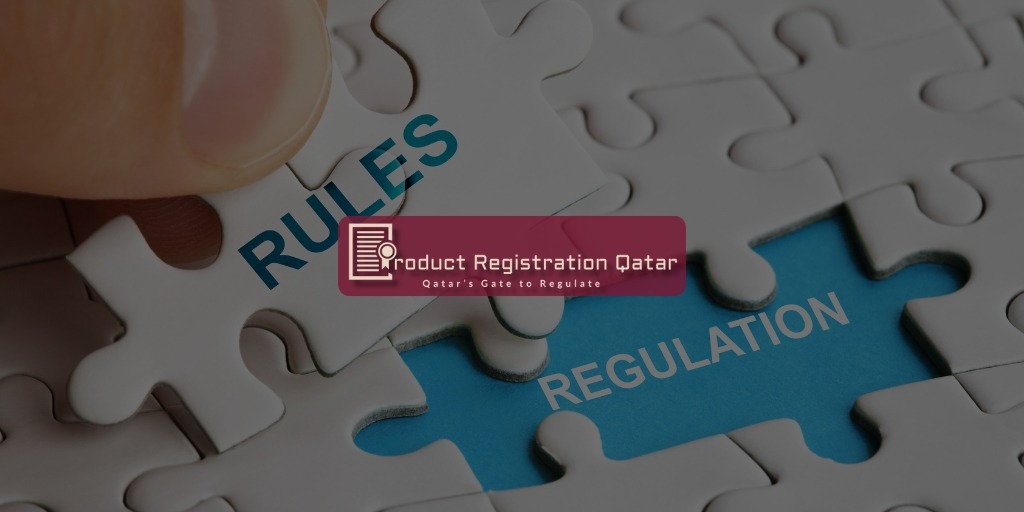Qatar Labeling Rules for MoPH Product Registration Guide
Qatar labeling rules for MoPH product registration explained: required label elements, category differences, common mistakes, and customs hold risks.
BLOGS
2/4/20263 min read


Qatar Labeling Rules for MoPH Product Registration
Written by: Product Registration Qatar – Regulatory Affairs Team
Product labeling in Qatar is not a branding exercise. It is a regulatory control point that directly affects MoPH approval, customs clearance, and post-market compliance.
Many product applications fail or face repeated delays, not because the product itself is unsafe, but because labels do not fully align with regulatory expectations. In practice, labeling is one of the most frequently audited elements during MoPH review and at the port of entry.
This guide explains how labeling is evaluated in Qatar, why it carries such regulatory weight, and how businesses can prevent avoidable rejection or import delays.
Why Labeling Is a Regulatory Priority in Qatar
MoPH treats the product label as a legal declaration. It is used to assess safety, classification, consumer transparency, and traceability.
A compliant label must:
Reflect the approved formulation and product role
Communicate information clearly to consumers in Arabic
Avoid claims that imply medical or therapeutic use unless permitted
Match the documentation submitted in the MoPH file
Even a minor inconsistency can trigger clarification requests or rejection.
Mandatory Label Elements Reviewed by MoPH
While requirements vary by product category, MoPH typically expects the following information to appear clearly on product labels:
Approved product name
Brand name
Manufacturer name and address
Country of origin
Local importer or authorized representative details in Qatar
Batch or lot number
Manufacturing and expiry dates
Storage conditions
Net content (weight or volume)
All mandatory information must be accurate, legible, and consistent across all submitted materials.
Category-Specific Labeling Expectations
Different product categories are reviewed against different risk criteria. Applying the wrong labeling logic to a product category is a common compliance error.
Cosmetics and Personal Care Products
Cosmetic labels must not include medical or therapeutic claims. Usage instructions and safety warnings must be fully translated into Arabic. Claims implying treatment, prevention, or cure of conditions are typically prohibited.
Food and Beverage Products
Food labels are reviewed for consumer safety and transparency. Nutritional information, allergen declarations, and ingredient listings are closely examined. If halal claims are made, they must be supported and presented correctly.
Health Supplements
Supplement labels must clearly distinguish the product from medicines. Dosage instructions, warnings, and disclaimers are evaluated carefully. Claims must align with the product’s approved function and formulation.
Disinfectants and Chemical Products
These products require additional safety communication. Arabic usage instructions, hazard statements, and required symbols must be present. Labels are often cross-checked against safety data and product classification.
How Labeling Affects Customs Clearance
Qatar Customs does not rely on MoPH approval alone. At entry, customs officers verify that the physical product matches the approved file.
Shipments may be held if:
The imported label differs from the approved artwork
Arabic information is missing or unclear
Claims visible on packaging raise classification concerns
Expiry dates or batch details do not match documentation
Labeling issues discovered at customs often result in costly delays or forced corrective action.
Common Labeling Errors That Cause Delays
Based on regulatory review patterns, frequent labeling issues include:
Inaccurate or misleading translations
Use of restricted or promotional language
Missing local importer information
Inconsistencies between pack shots and final packaging
Changes made after approval without notification
These errors are preventable with proper review before submission and shipment.
Who Can Review and Correct Labels
Label review and correction should be handled by parties familiar with MoPH expectations. Regulatory consultants and authorized agents can:
Review label content against current requirements
Coordinate compliant Arabic translations
Advise on claim acceptability
Support submission of revised artwork when required
This ensures labels meet both regulatory and operational expectations.
Final Takeaway
In Qatar, labeling is not optional and not secondary. It is a core compliance requirement that influences approval decisions, customs outcomes, and market trust.
Businesses that treat labeling as a regulatory process — not a design task — experience fewer delays, clearer communication with authorities, and more predictable product launches.
Contact us or use the chatbot to review your product labeling before MoPH submission or import.
Continue Reading
Explore the top product registration questions every importer asks in 2025.
Read how to prepare MoPH documentation for faster approvals.
Learn why Qatar rejects product applications — and how to fix them.
For a detailed breakdown of how MoPH evaluates product labels versus formulations, explore our latest guide on Label vs. Formula Validation in Qatar.
Learn why product testing is a non-negotiable step before MoPH submission by reading our new guide on testing requirements and approval timelines in Qatar.
Labeling is not optional — it’s your passport to the Qatari market.
Make sure yours is ready for approval and import.
Ready to Ensure Your Product is Fully Compliant?
Fill out the form below and let our experts guide you through label checks, formula validation, and registration—step by step.


